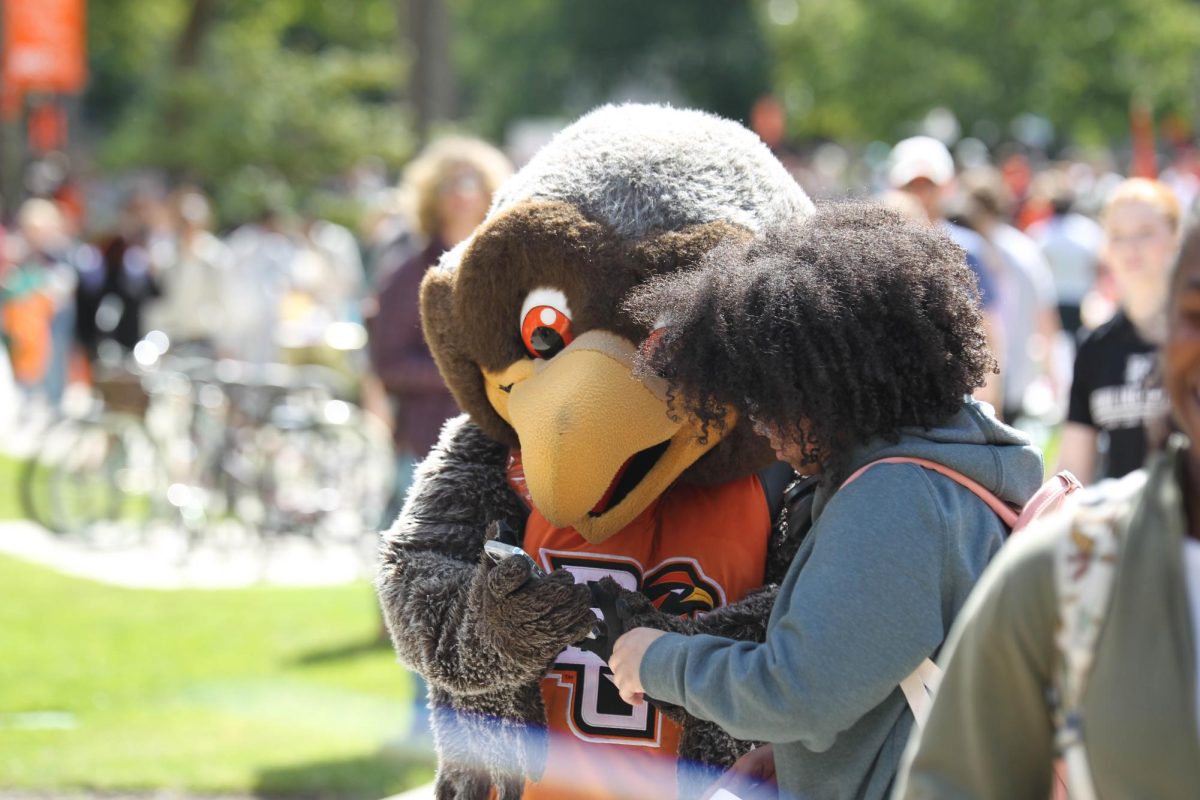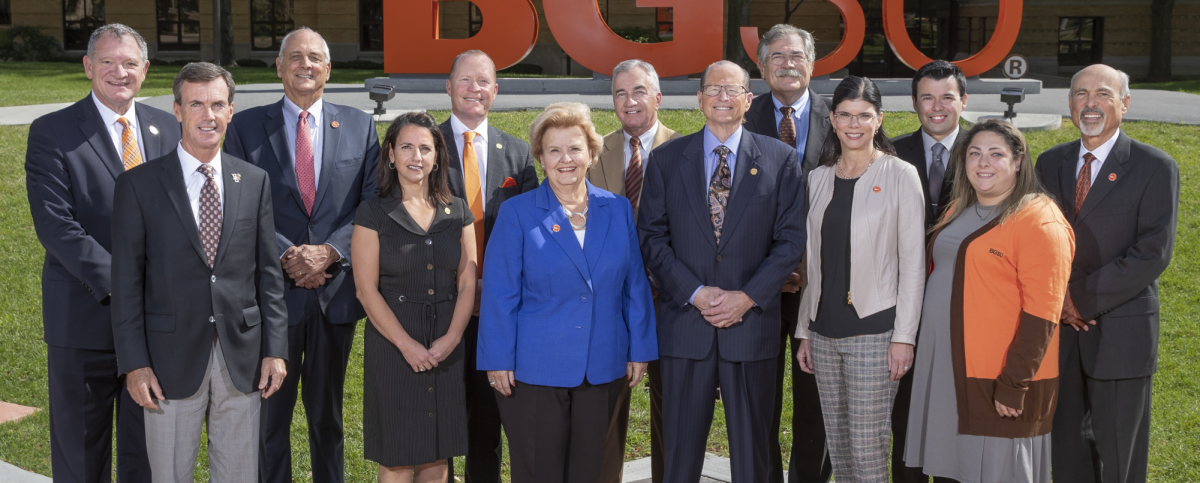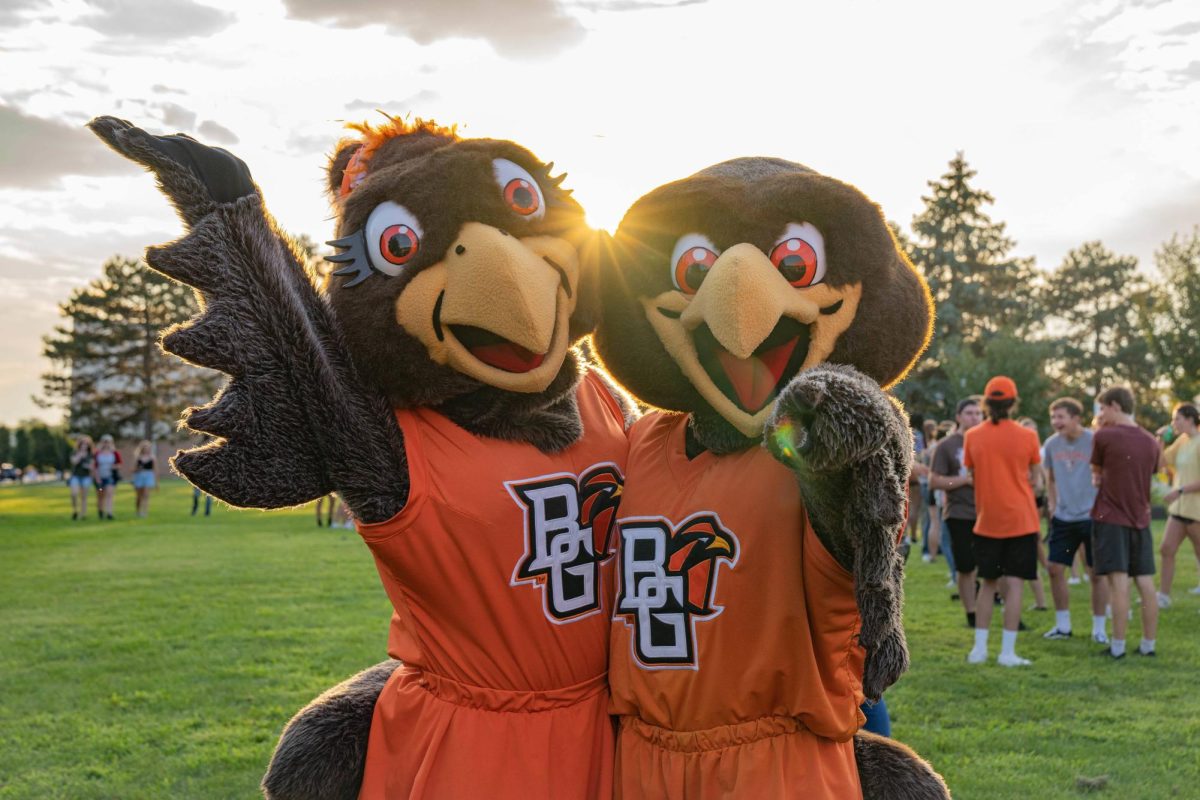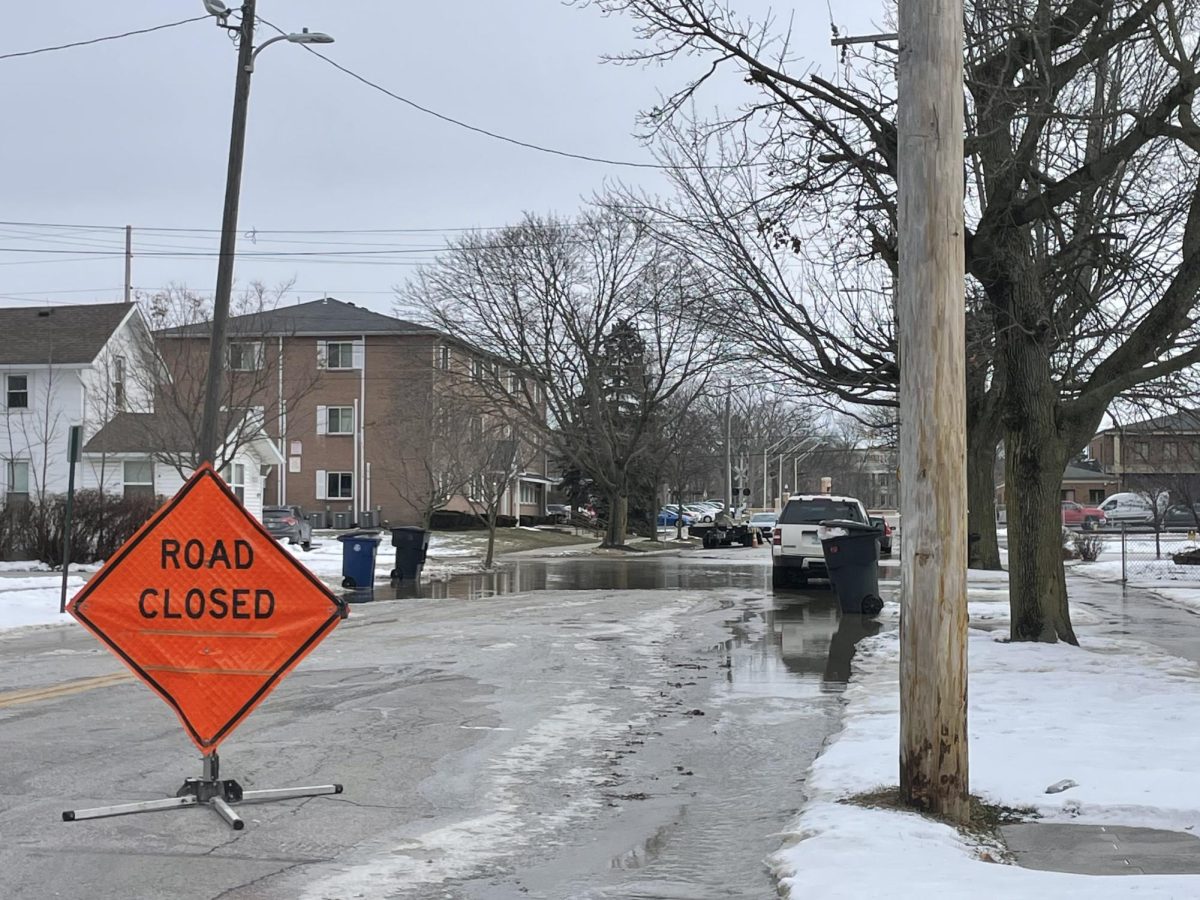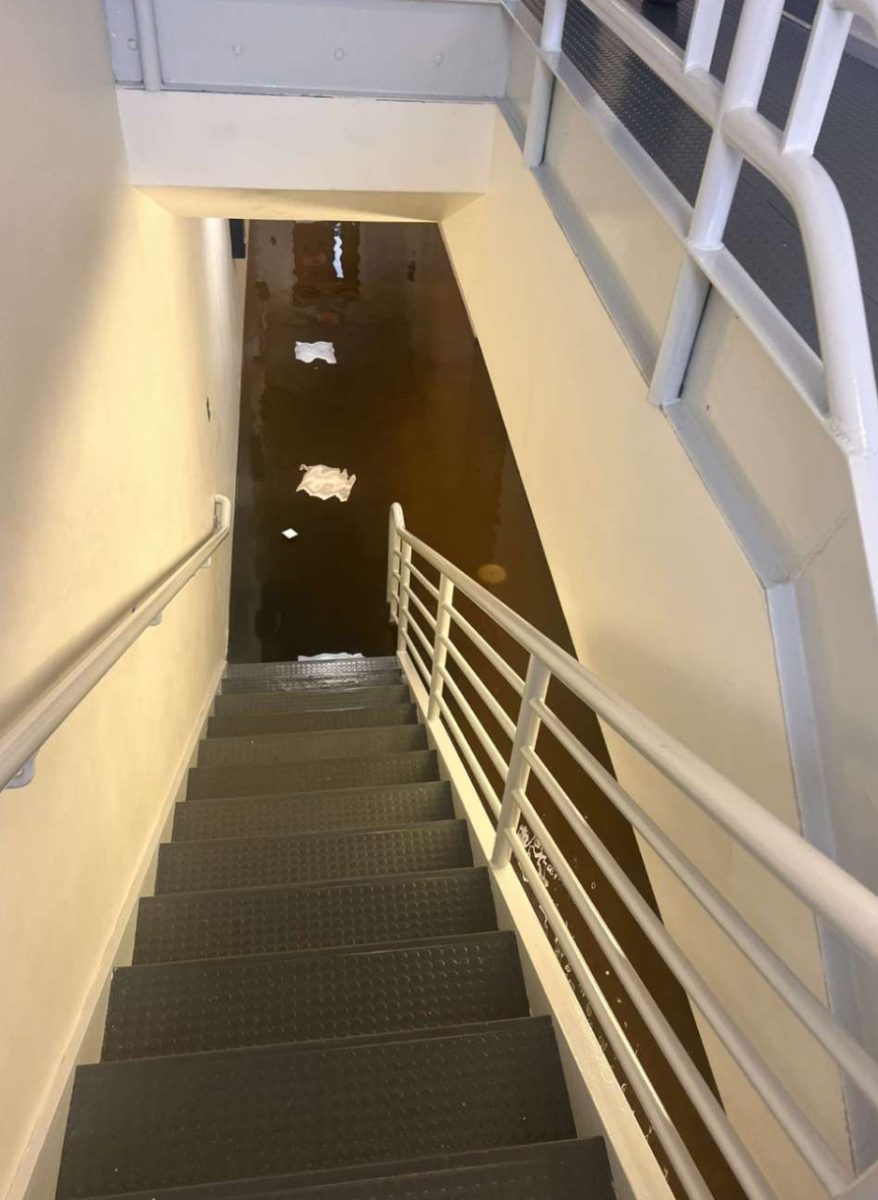Students educated the campus community about the plight of Native American women throughout the history of the United States during a presentation Tuesday night.
The presentation titled, “Native Indiginous Women and Girls in American Boarding Schools,” focused on the struggles of natives.
“Their hair was cut short, they were dressed like miniature whites, forced to speak English,” said senior Gary Strain, reciting from “The Americanization of Indian Girls” by Marla Powers. “They were active in sports, cheered their team to victory and attended their senior prom.”
Along with Strain, senior Robert Koob presented as a part of their “research in action” project, which was hosted in Overman Hall at 7 p.m.
The presentation started with a disclaimer about how the two are simply teaching others of the information they have learned throughout their research.
During their three weeks of research, working as a team and the topics discussed on the subject in their class, they both became more aware of certain issues and how to inform others of them.
“I didn’t want it to be two white people talking about this information, but us informing others about these topics from the viewpoints from scholars and feminist theorists,“ Strain said.
The topics addressed ranged from treatment in women’s boarding schools, Native American reservations, jingoism, imperialism, whitestream feminism, heteropatriarchy and the two demonstrated how they still apply today.
Sophomore Edward Vaughn enjoyed their presentation and participated in the group discussion at the end.
“It took an in-depth look that surrounds boarding schools in the Native American community, and also how there are still remnants in today’s culture of the other terms,” Vaughn said.
Both Koob and Strain believe they will further their knowledge about the research they have conducted. They are also eager to continue informing others about the issues they have learned and more they will learn in the future.
“I think both of our goals are to gain a better understanding for ourselves, and to begin incorporating ways to involve others with more awareness,” Koob said.
Towards the end of the presentation, they asked the audience to ponder a few questions they created prior, and then to discuss them with the other students.
Throughout the discussion, students expressed their opinions on the issues Koob and Strain asked about. They commented on how they see slight examples of the terms everyday and how greatly society could be impacted if more individuals were aware of their actions, sentence structure and choice of diction.
Overall, Strain and Koob admitted to going above and beyond with their reserch and are proud of their work. They also admitted to hoping to continue raising awareness.
“The concepts actually challenged some of my own personal views and because of the project, I am now connecting the ones I’ve learned with my own,” Strain said.


